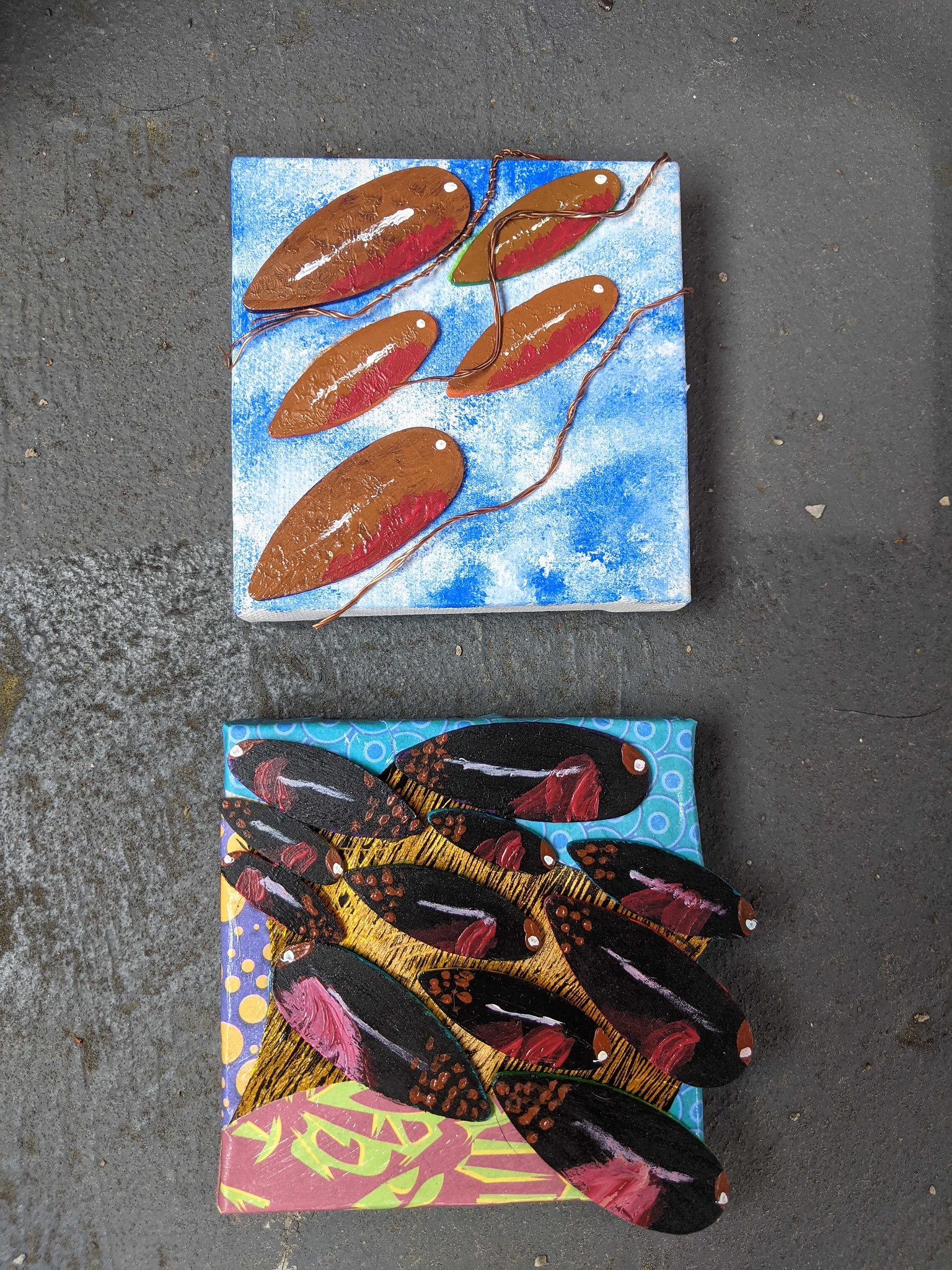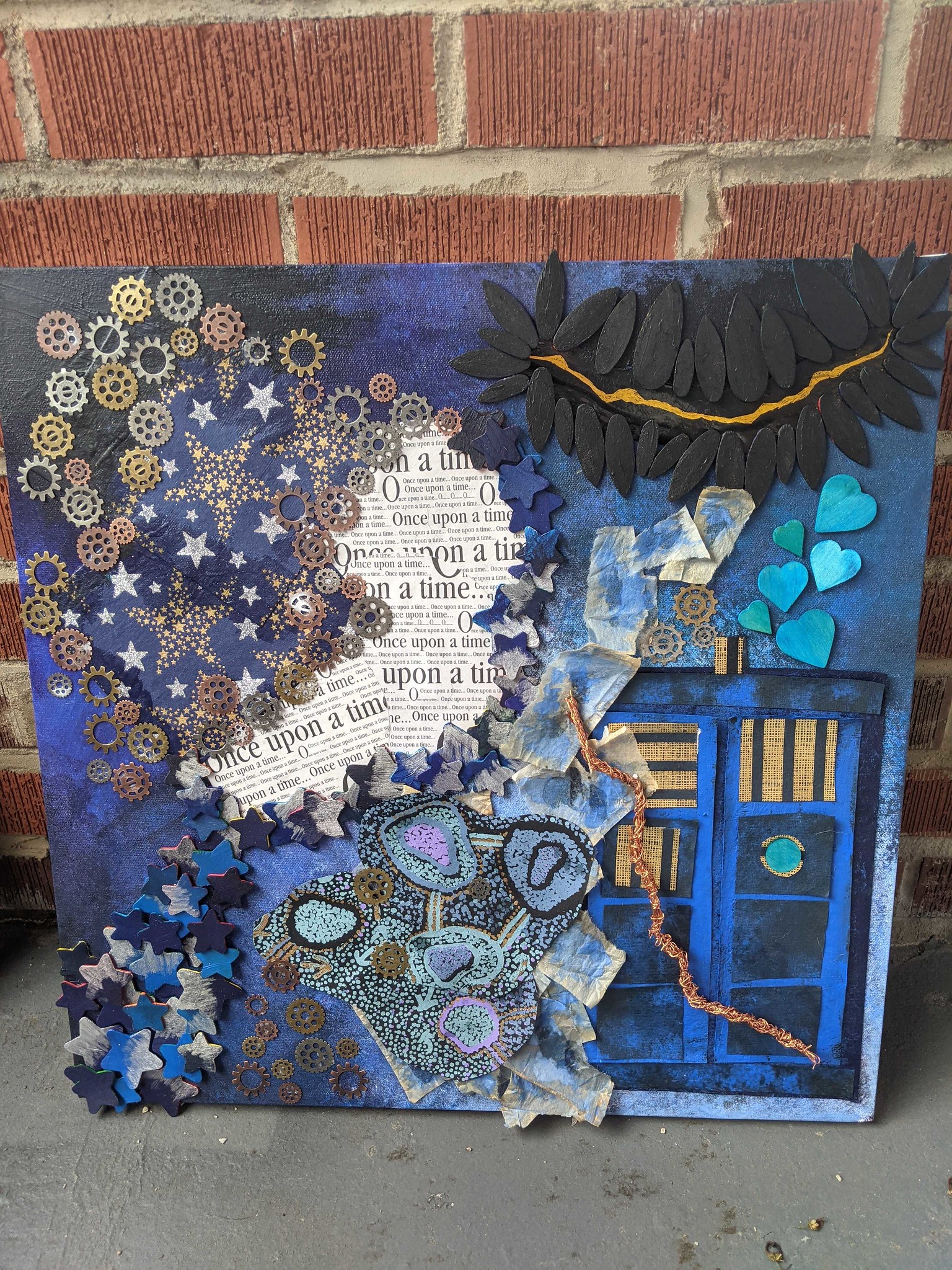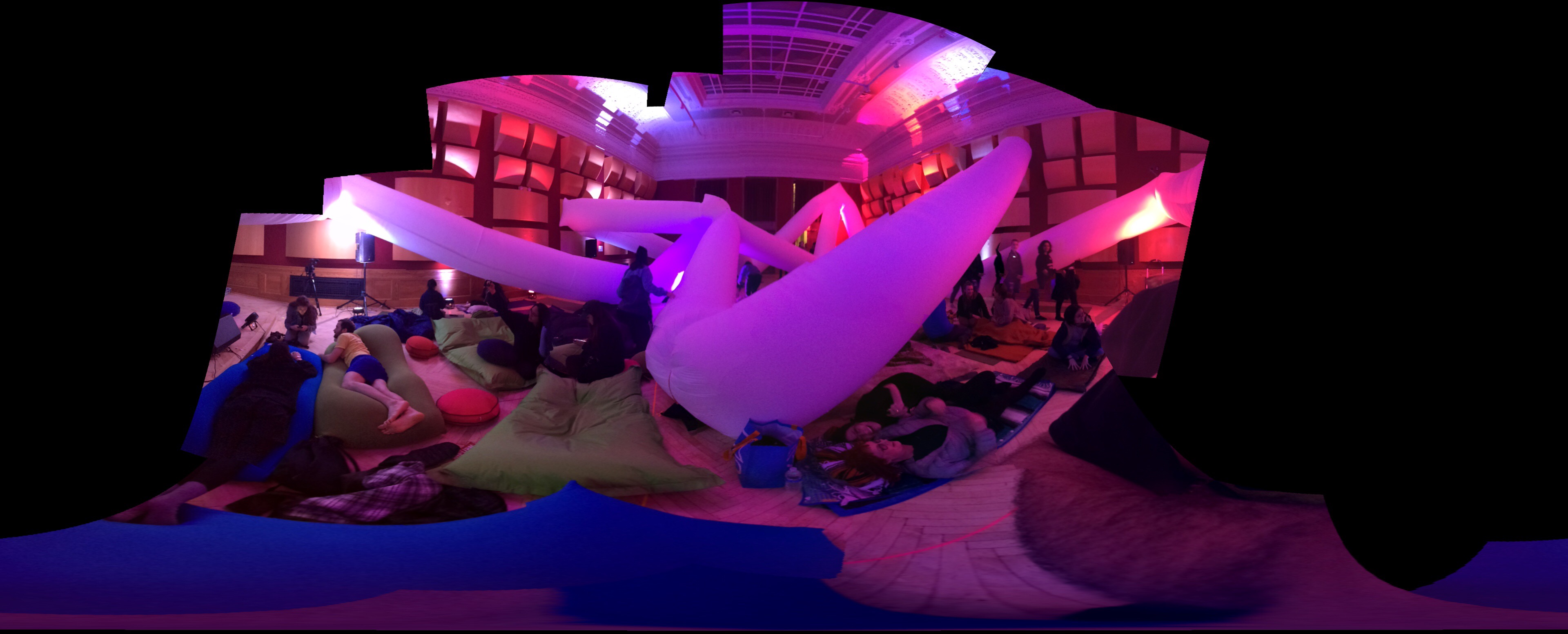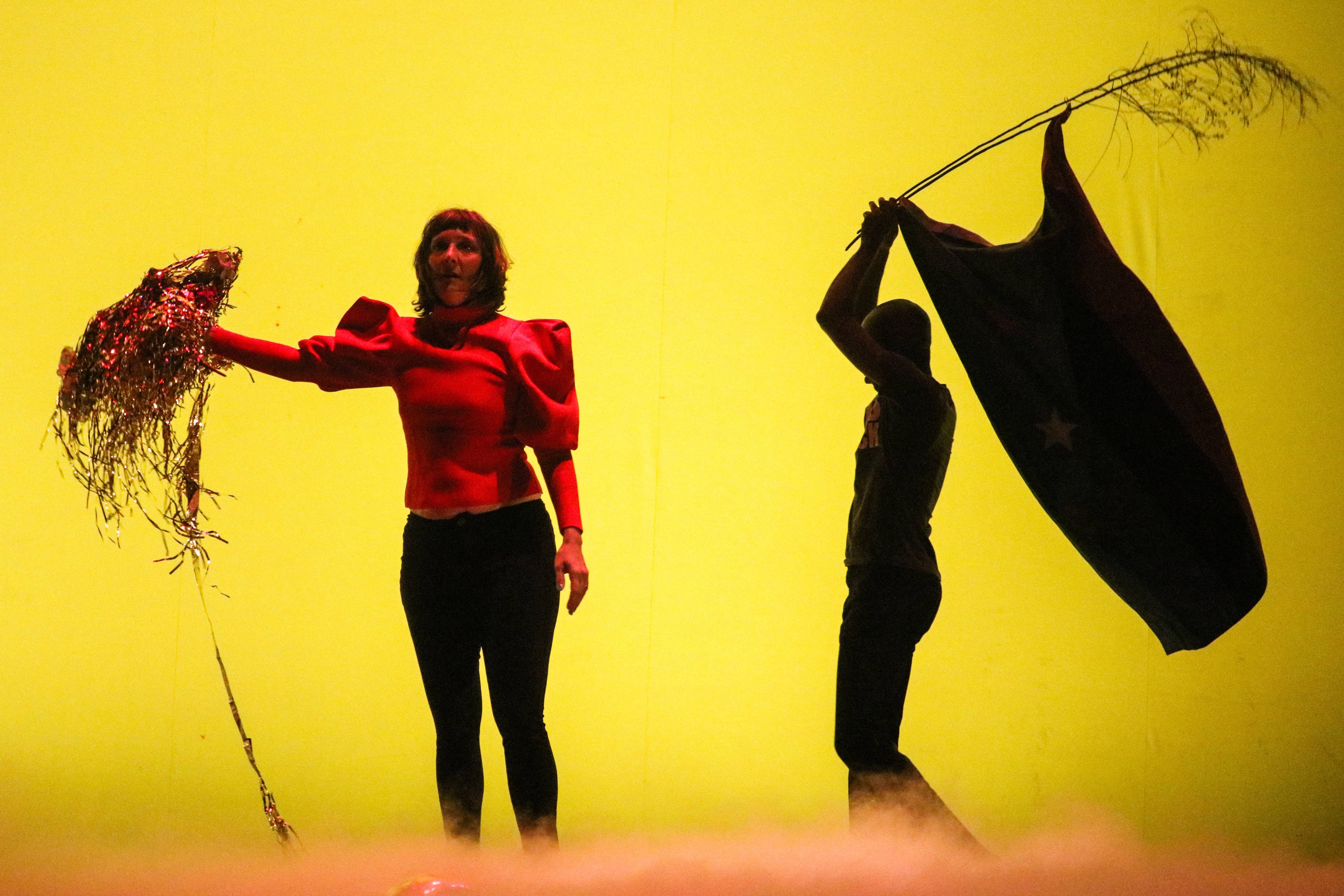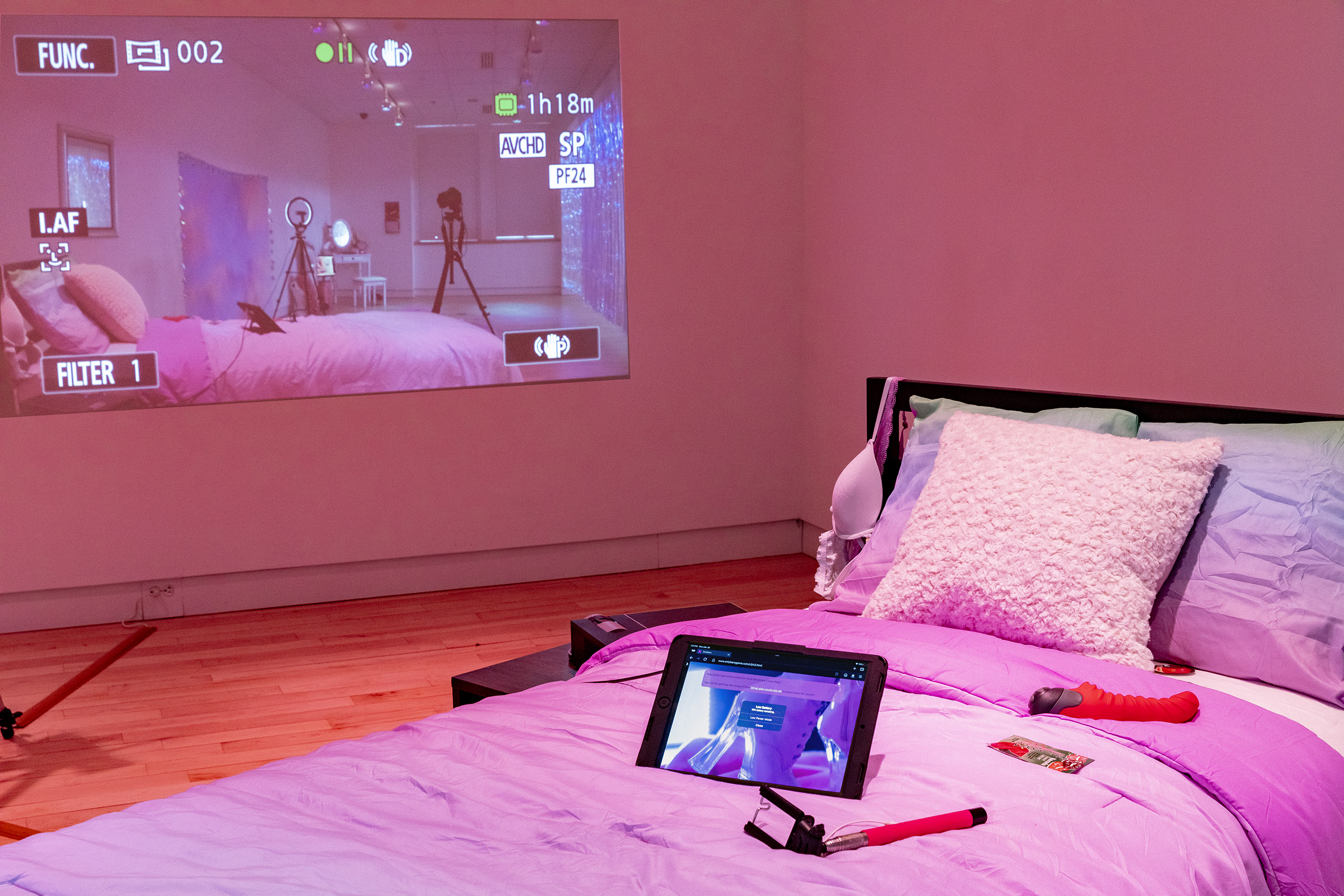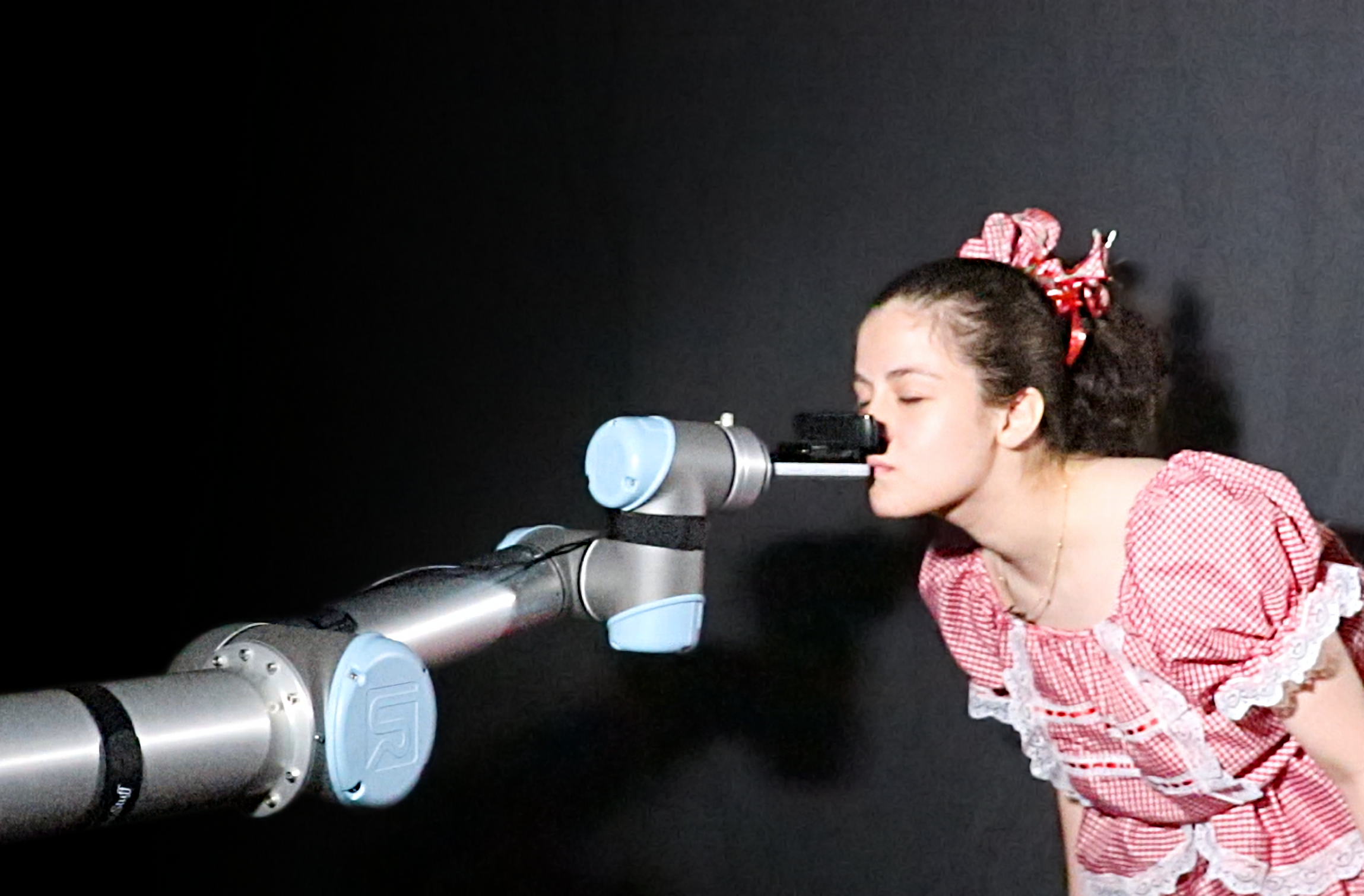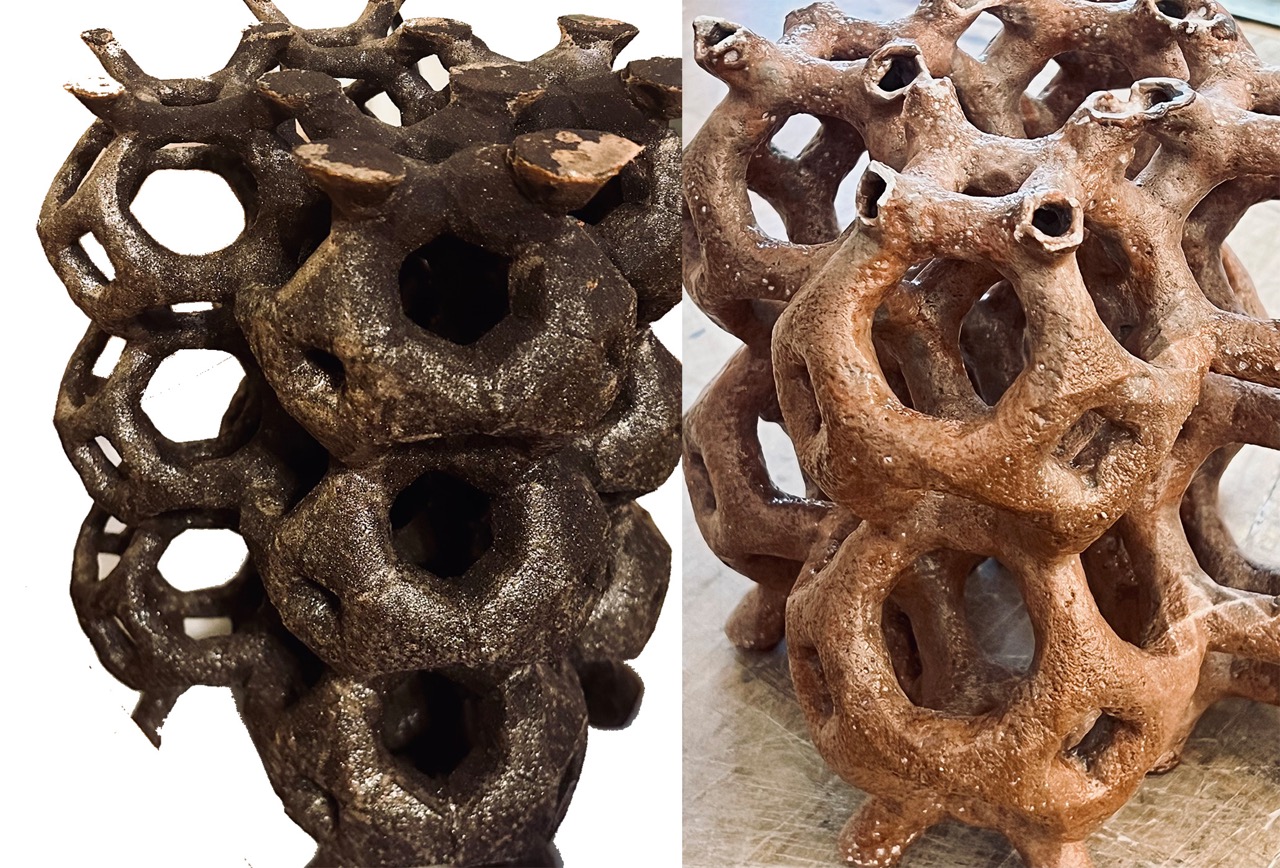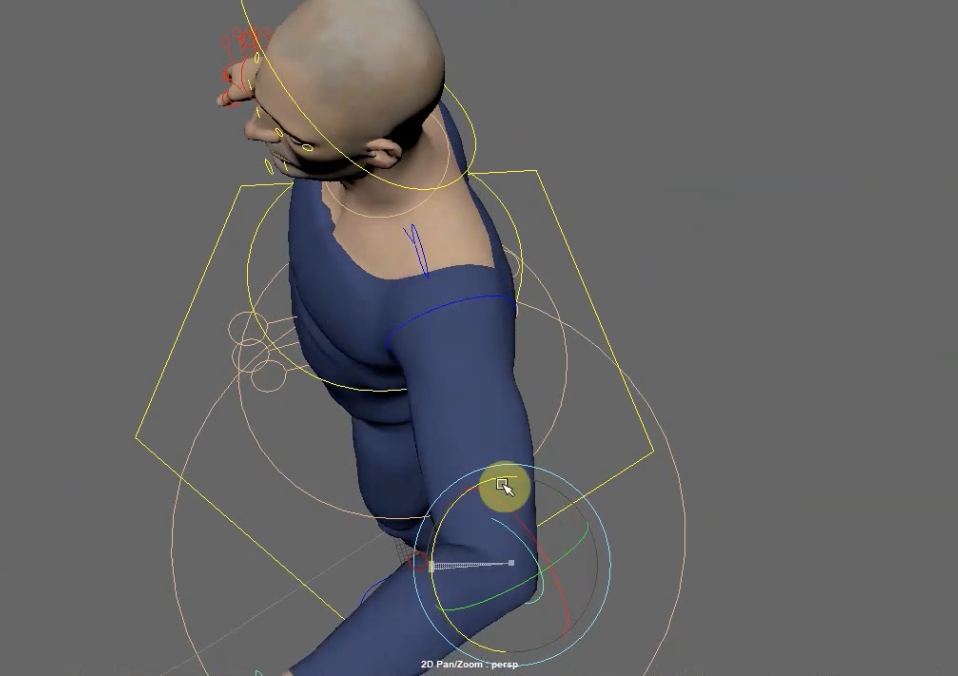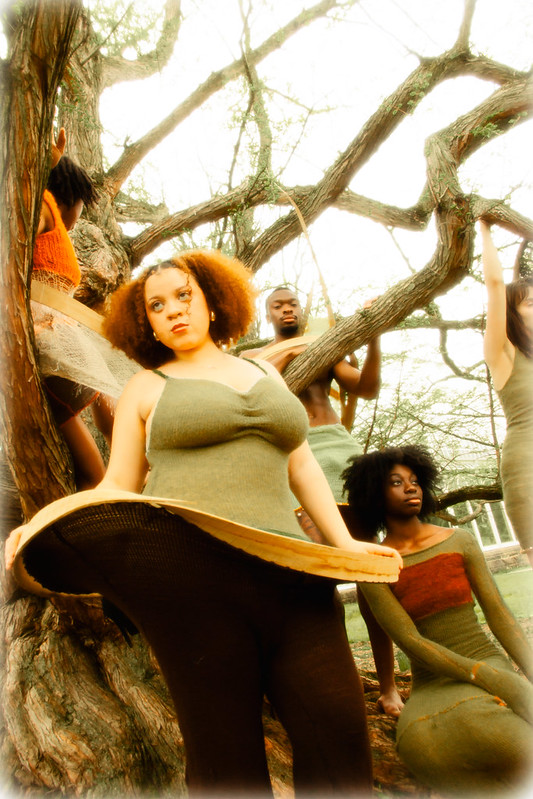Data as Experiential Art Workshops
Hannah Gunderman (2021)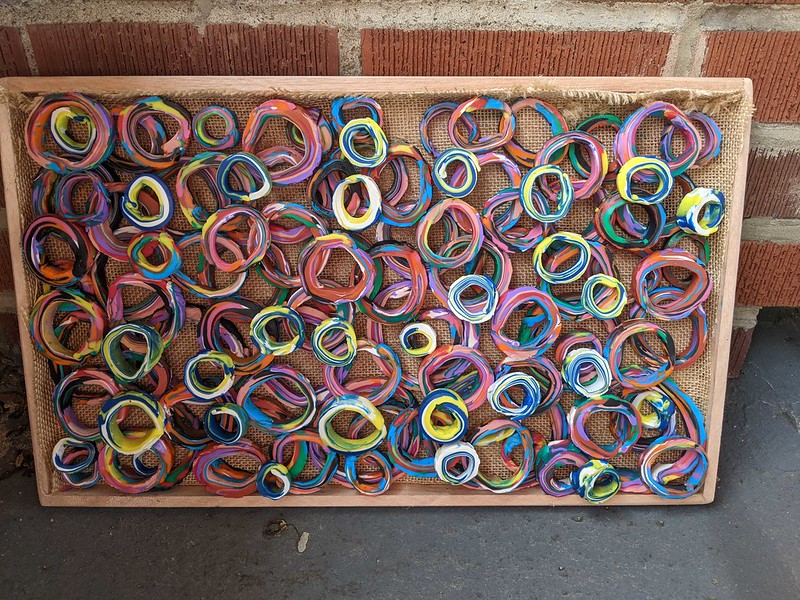
With support from FRFAF Microgrant #2021-012, Hannah Gunderman, CMU Faculty Librarian of Data, Gaming and Popular Culture, developed a series of workshops in artistic data visualization. More information about the workshops and her prototypes can be found in this Tartan article. She writes:
At CMU, we are in an environment where all domains have rich data sources, from fine arts to robotics. Yet, in my educational initiatives through CMU Libraries, I continue to encounter the idea that “data” is something that lives in a spreadsheet or an algorithm, and primarily in a STEM setting. With support from the Frank-Ratchye Fund for Art @ the Frontier, I have created prototypes for the future CMU Libraries workshop “Data as Experiential Art.” This workshop will take an anti-disciplinary approach to promote enthusiasm for data, helping participants see all data around us, within photographs, film, our words, our music, etc. This workshop exists among a larger project at CMU Libraries to create a space where blending domain and specialty areas as they apply to creative data education is welcomed and encouraged.
Currently, CMU Libraries offers a host of workshops open to the CMU community and beyond that teach skills in data visualization, data management, collecting data, and communicating data, but a current lacking is a more experiential workshop that can help community members get excited about the idea of data. Many students (and postdocs, faculty, etc.) see the Libraries as a safe space to learn these concepts, particularly in cases where they may feel embarrassment or shame to seek foundational data help in their own departments, given the reputation for advanced data expertise present at CMU. When we have students in our Libraries spaces, we also need to think about how we can help spark an enthusiasm for learning and engaging with data. We can teach students how to work with data, but without also creating a space for developing enthusiasm about data, are we really providing a holistic educational experience for our learners at CMU Libraries? This question led me to develop an idea for this workshop: a 3-hour experience that will be open to students, staff, faculty, and other CMU community members from all areas of study and specialty to create original art that describes how they view data, their relationship to data, and how it manifests in their work. All participants will be provided with art supplies and a workspace to craft art that engages their view of data, or their ideas for where they’d like to take their data in the future. While workshop participants create their art pieces, workshop facilitators (myself, and likely other CMU Libraries data librarians) will prompt conversations on the data universe that surrounds us, and why and how our relationships with data morph over time.
The three prototypes I created are mixed-media art pieces that each engage with how data intersects into my own work, experience, and worldview. Each prototype uses a variety of materials to represent how data manifests in my own world, from ethnographic interviews and stories of Grateful Dead fans, to viewing of Doctor Who and how it can change our real-world movements and perceptions, to fish and other creatures as-data as they move about their spaces in the world. These pieces will be on display in the workshop and serve as examples for how participants might embark on their own creative pieces. With the prototypes, I want to inspire workshop participants to craft their own creative interpretation of the data in their lives – what is unique about it? What is inspiring about it? What is scary about it? Engaging in such an exercise empowers participants to take agency in their own data journey, leaving them receptive to our educational offerings on more operational data skills, including collection, analysis, and management. At the end of the workshop, participants will share stories of their art pieces and demonstrate what they represent. The first iteration of this workshop is expected to happen in February 2022, coinciding with the Libraries’ programming efforts around Love Data Week.
